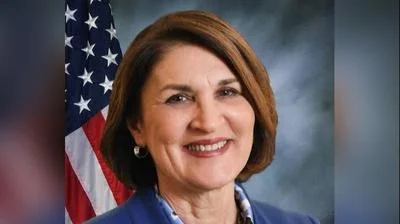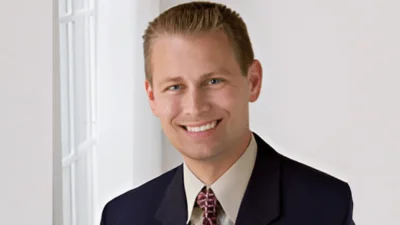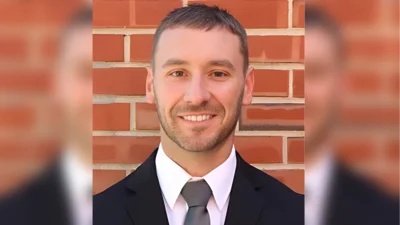On Wednesday, September 14, during our Monthly Meeting, we had the pleasure to host Rafał Trzaskowski, mayor of Warsaw city. Our guest started the meeting by thanking U.S. companies for all their efforts in supporting Poland with the refugee crisis, with all the monetary and non-monetary donations given to organizations in need to support Ukrainians fleeing the war in their country.
Afterward, Mayor Trzaskowski got into the topic of the city's priorities, successes, and challenges. He began by explaining that Warsaw and other municipalities had very little support in the last couple of years regarding various challenges involving the pandemic, budget cuts, refugee registration, and energy. We must avoid going backward if we move back to coal and other non-renewable resources, affecting our health and slowing down green modernization. If we do not increase green modernization in our cities, it will be detrimental to acquiring EU funds for municipal transformation.
On a positive note, the mayor encouraged everyone to use public transportation, mentioning he uses it where sometimes people aren't even sure if it is truly him or someone who looks like him on the tram. Warsaw public transportation is one of the cheapest in Europe; it is good for the environment, efficient, and city-friendly. The future of Warsaw is to make it an enjoyable place to live with clean air, transport-friendly, safe, and business-friendly.
During the Q&A session, the mayor was asked about underground parking, a plan for the city since Lech Kaczynski was the city mayor, where the project was not realized. The mayor answered the question by asking the crowd do they want a former soviet looking city or a modern European metropolis, mentioning that the era of driving in the city is long gone, where major European cities, including Warsaw, prioritize new ways of maneuvering themselves within the city. He mentioned there are plans to realize underground parking; however, less than the old plan of two decades ago as findings have shown that people do not like to move their cars underground. The new project is to build parking hubs close to public transport, encouraging people outside the city to park at those specific locations and then switch to public transportation.
All in all, the primary goal of the city of Warsaw is to make life enjoyable by developing neighborhoods to have their own sport, leisure, language, and other extracurricular locations available to parents and residents of each community. The possibility of having everything in one place and reducing moving from one part of the city to another. The final keynote was, let’s make this city livable for all residents by creating a tolerant, dynamic, modern European metropolis.
Original source can be found here.





 Alerts Sign-up
Alerts Sign-up